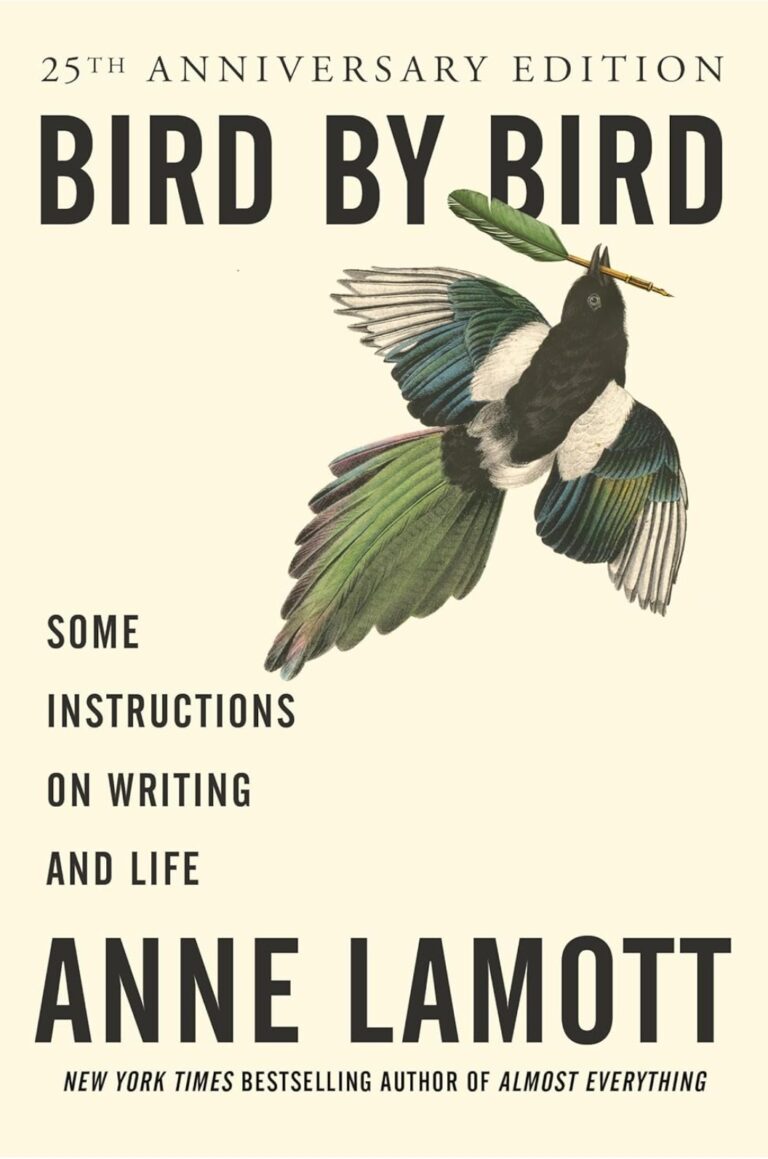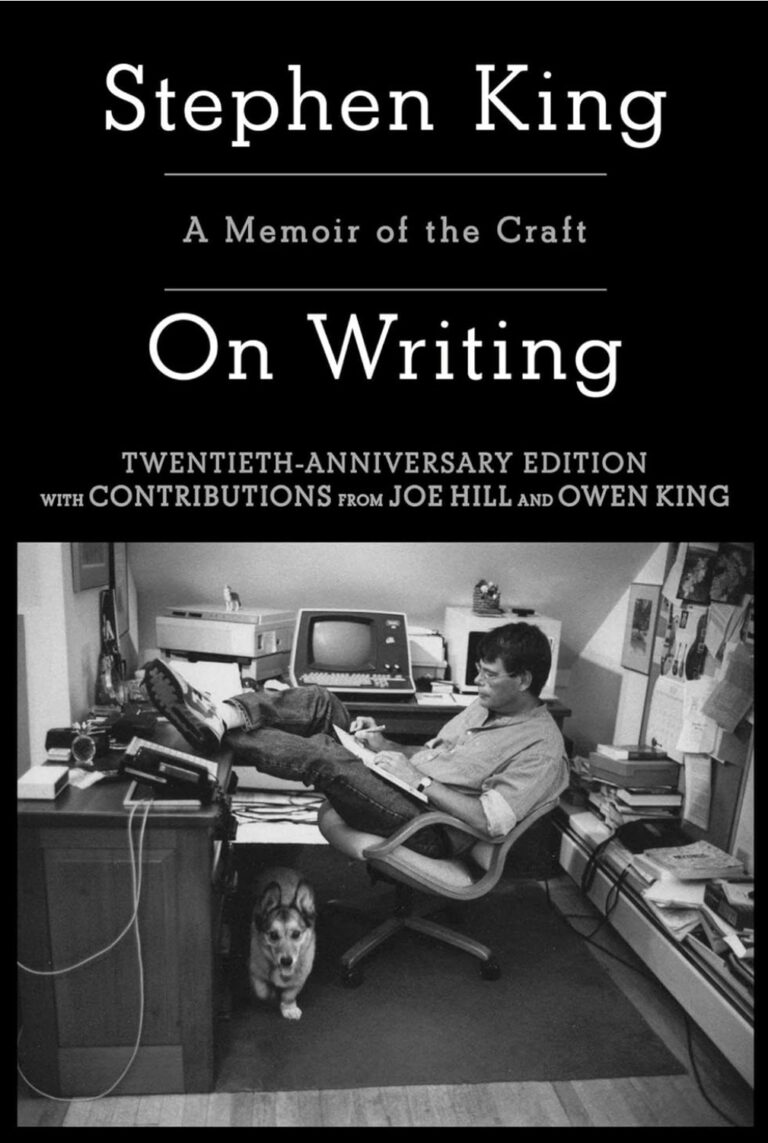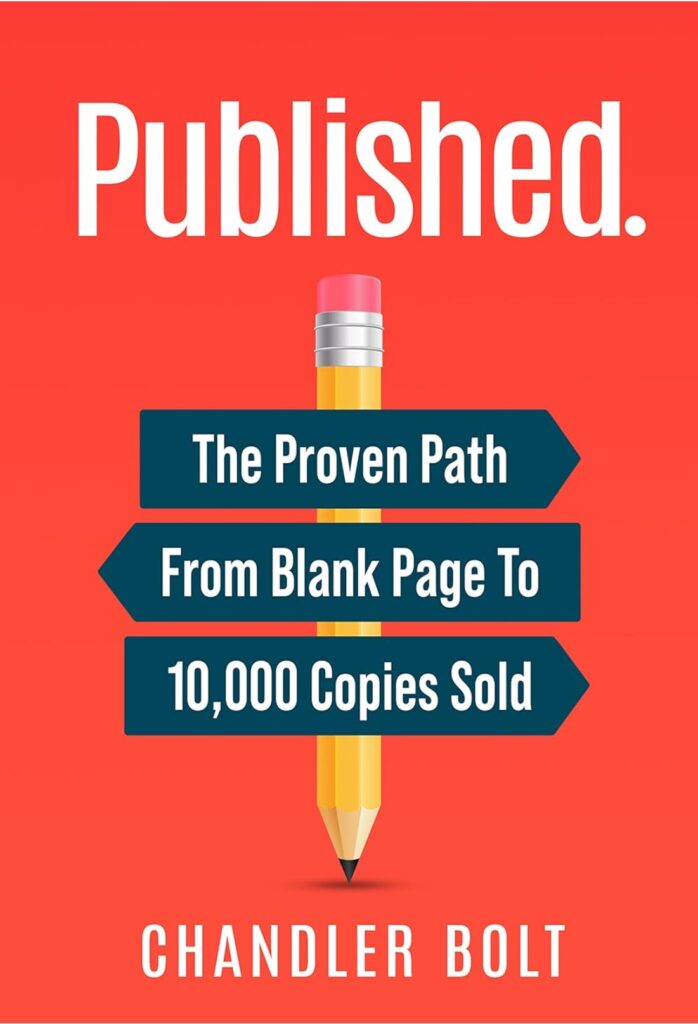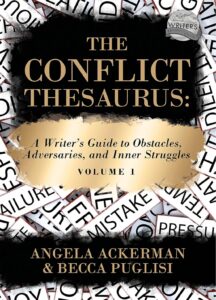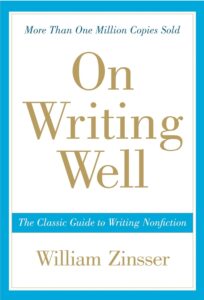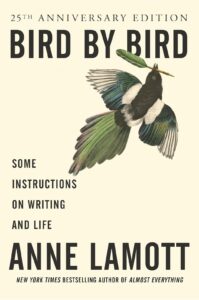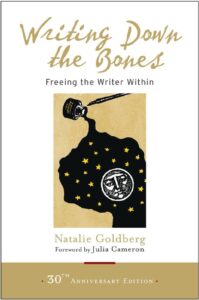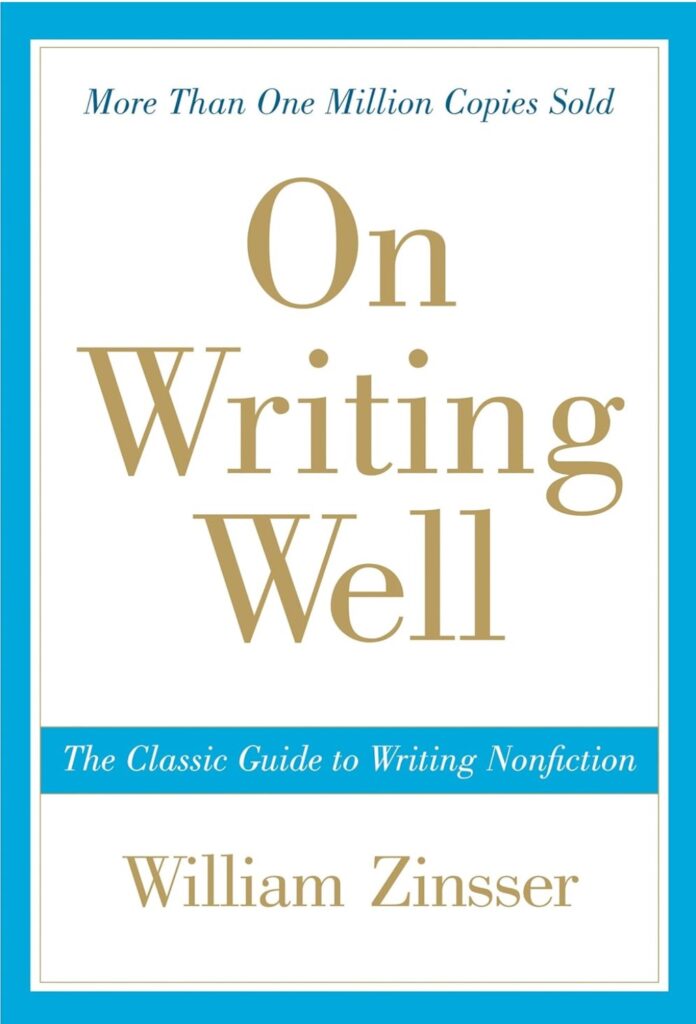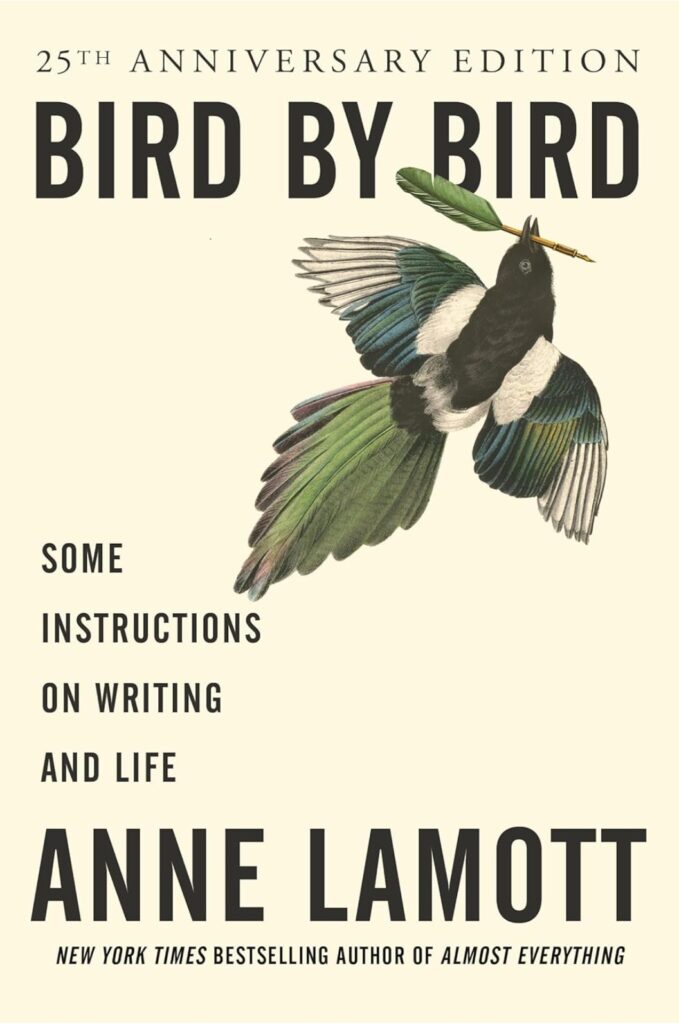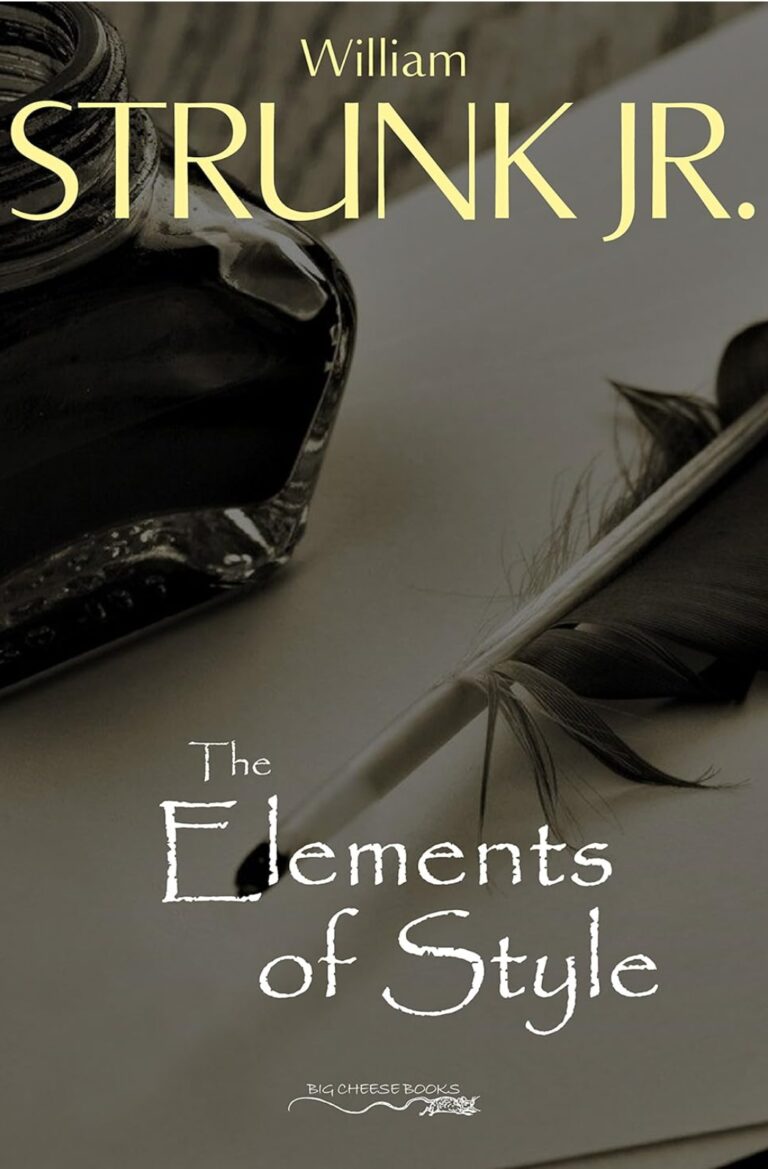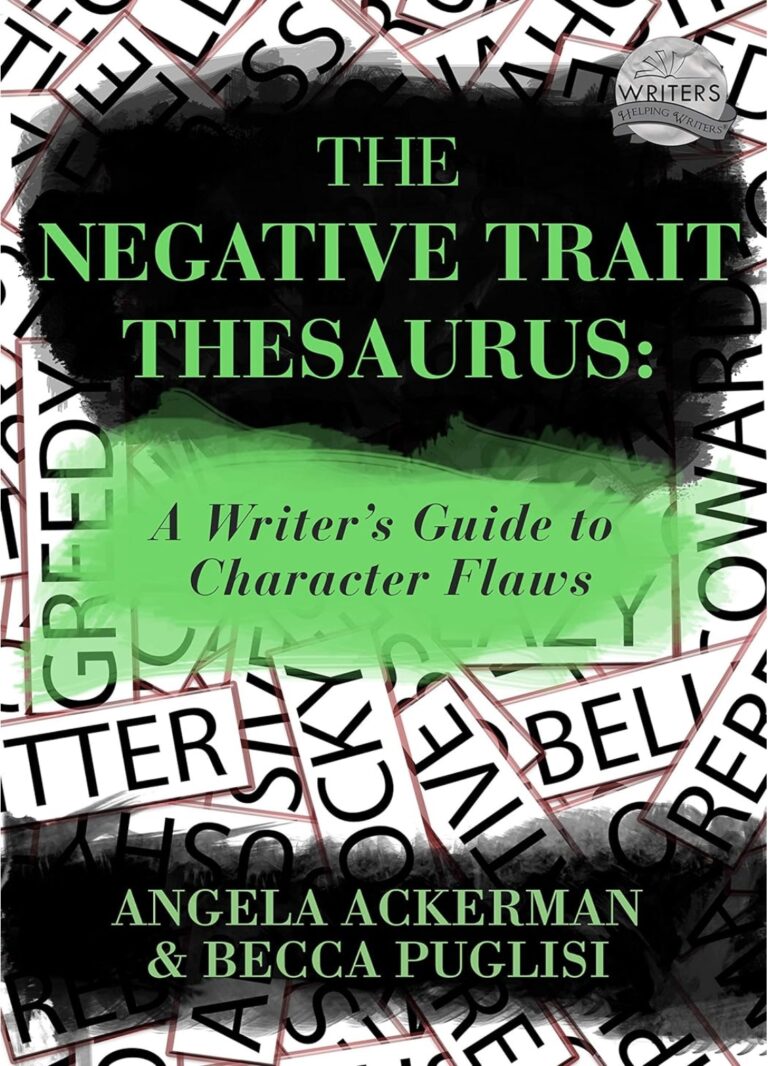Writing short stories, especially those brimming with insta-love and paranormal creatures, can be an exhilarating journey. Yet, every writer occasionally faces the formidable foe of writer’s block.
It’s something I’ve encountered many times in my writing career, and over the years, I’ve developed several strategies to overcome it. Here, I’ll share my personal experiences and effective techniques to help you break through those creative barriers.
Table of Contents
ToggleUnderstanding the Roots of Writer’s Block
In my experience, writer’s block often stems from various sources. It could be due to stress, self-doubt, or even perfectionism. I’ve found that identifying the root cause is the first step to overcoming it.
For instance, when I was working on a novella about a forbidden love between a werewolf and a vampire, I hit a wall because I was worried about the authenticity of their emotions.
It wasn’t until I addressed my fear of not being genuine enough that I could move forward.
Identifying Emotional Roadblocks
Sometimes, emotional hurdles can hinder our creativity. In my experience, personal stress or anxiety can manifest as writer’s block.
During a particularly stressful period in my life, I struggled to continue writing a story about an alien and a human falling in love.
Taking a step back to address my stress through mindfulness and relaxation techniques allowed me to return to my writing with a clearer mind.
The Fear of Imperfection
Perfectionism can be another major roadblock. I’ve found that setting unrealistic expectations for my writing often leads to a paralyzing fear of not meeting those standards.
For example, while drafting a romance story set in a dystopian future, I constantly revised my work instead of moving forward.
Realizing that the first draft doesn’t have to be perfect helped me push past this block and focus on completing the story.
Techniques to Overcome Writer’s Block
Once you’ve identified the source of your writer’s block, you can employ various strategies to overcome it. Here are some techniques that have worked for me.
Freewriting to Ignite Creativity
One effective method I’ve used is freewriting. I set a timer for ten minutes and write whatever comes to mind without worrying about grammar, structure, or coherence.
This stream-of-consciousness writing helps unlock ideas and often leads to unexpected insights. For instance, freewriting helped me develop a unique twist in a story about a mermaid and a human, which became a pivotal moment in the plot.
Changing the Writing Environment
In my experience, a change of scenery can do wonders for creativity. When I’m stuck, I often move to a different room, go to a café, or take a walk in nature.
The new environment can provide fresh inspiration. For example, a stroll through a wooded park gave me the idea for a werewolf’s transformation scene, adding depth and atmosphere to my story.
Setting Small, Achievable Goals
I’ve found that breaking down my writing project into smaller, manageable tasks can reduce the overwhelming feeling that often accompanies writer’s block.
Instead of aiming to write an entire chapter, I set a goal to write one scene or even just a few hundred words. Achieving these smaller goals builds momentum and makes the overall project feel more attainable.
Incorporating Writing Prompts and Exercises
Writing prompts and exercises can be powerful tools to overcome writer’s block. They provide a structured way to kickstart creativity and can lead to new story ideas or character developments.
Utilizing Writing Prompts
In my experience, prompts have sparked many story ideas. I keep a list of prompts handy and use them when I need inspiration.
For example, a prompt about a character discovering a hidden power led to a thrilling subplot in one of my paranormal romances.
Prompts can be simple scenarios, quotes, or even single words that inspire new directions for your writing.
Character and Dialogue Exercises
Exercises focused on character development and dialogue can also help break through writer’s block.
I’ve found that writing character backstories or dialogue exchanges that won’t necessarily be included in the final story can deepen my understanding of the characters and their motivations.
This practice often leads to new plot ideas and enriches the overall narrative.
Leveraging Breaks and Downtime
Sometimes, the best way to overcome writer’s block is to step away from the writing process altogether. Taking breaks and allowing yourself downtime can rejuvenate your creativity and provide new perspectives.
Scheduled Breaks and Downtime
In my experience, scheduling regular breaks during writing sessions helps prevent burnout and keeps my mind fresh. I use the Pomodoro Technique, working for 25 minutes and then taking a five-minute break.
These breaks allow me to rest and return to my work with renewed focus. Longer breaks, like taking a day off, can also be beneficial.
During one such break, I visited a local museum, which inspired a historical element in a supernatural romance I was writing.
Engaging in Creative Activities
Engaging in other creative activities can also help overcome writer’s block. Activities like drawing, playing music, or even cooking can stimulate different parts of your brain and provide new ideas for your writing.
For instance, experimenting with a new recipe gave me the idea for a scene in which characters bond over a shared meal, adding depth to their relationship.
Collaborating and Seeking Feedback
Collaborating with other writers and seeking feedback can provide new insights and help you overcome writer’s block. Sharing your work and discussing ideas with others can spark creativity and offer fresh perspectives.
Joining Writing Groups
In my experience, joining a writing group has been invaluable. These groups provide a supportive community where you can share your work, receive constructive criticism, and discuss writing challenges.
Feedback from fellow writers can help you see your work from a different angle and inspire new directions. For example, a suggestion from a writing group member led to a major plot twist in one of my stories, enhancing the overall narrative.
Beta Readers and Critique Partners
Having beta readers or critique partners review your work can also be incredibly helpful. They can provide feedback on what works and what doesn’t, helping you refine your story.
I’ve found that their insights often reveal aspects of the story I hadn’t considered. For instance, a critique partner’s feedback helped me improve the pacing of a romance subplot, making it more engaging for readers.
Embracing Flexibility and Experimentation
Being flexible with your writing process and open to experimentation can help overcome writer’s block. Trying new approaches and being willing to adapt can lead to breakthroughs in your writing.
Experimenting with Different Genres and Styles
In my experience, experimenting with different genres and writing styles can be a great way to overcome writer’s block.
Writing a short story in a different genre or adopting a new narrative style can refresh your creativity and provide new insights for your primary project.
For example, writing a sci-fi short story helped me develop new world-building techniques that I later applied to my paranormal romances.
Adapting Your Writing Process
Being willing to adapt your writing process can also help. I’ve found that trying different writing schedules, tools, or methods can make a significant difference.
For instance, switching from typing to writing by hand for a few sessions helped me overcome a creative slump.
Adapting your process to fit your current needs can make writing feel less daunting and more enjoyable.
Final Thoughts
Overcoming writer’s block is a challenge every writer faces, but with the right strategies, it’s possible to break through and continue creating compelling stories.
By understanding the roots of writer’s block, employing effective techniques, and embracing flexibility and experimentation, you can overcome this common obstacle.
In my experience, taking these steps has not only helped me overcome writer’s block but also enriched my writing process and made me a more resilient writer.
So, the next time you find yourself stuck, remember that every writer experiences this, and with persistence and creativity, you can overcome it and continue crafting the stories you love.












